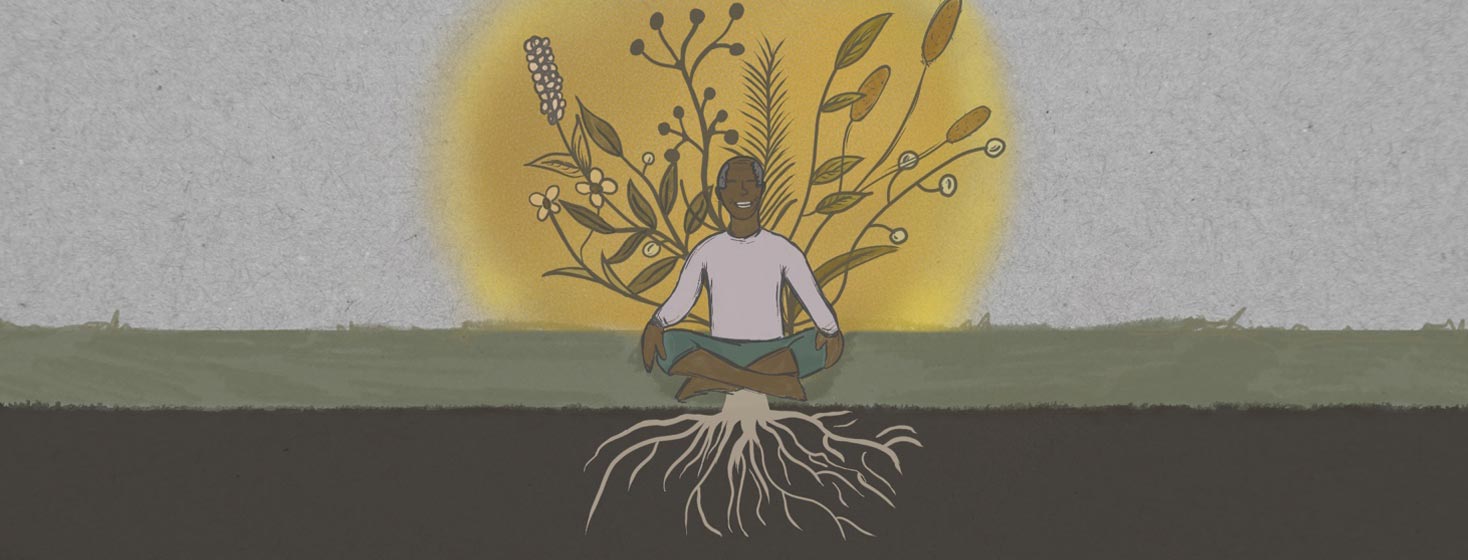Resilience Training
The reality of prostate cancer in your life is – it will put a lot of stress and distress on you, your friends, and the members of your family. And it does not end with the diagnosis.
The stress slowly builds on everyone in your social circle as you consider treatment options, the impact of both the long- and short-term recovery, the need for ongoing testing, and more. Then finally there is the unspoken fear - a returning cancer. Stress can either sideline you, or it can provide you with a sense of strength. So how do you handle it?
Dealing with stress
Let's start with the basics. Since you most likely not an MD, you will not treat yourself for prostate cancer. And even if you are an MD, operating on yourself or treating yourself with radiation would not be the best option. The facts narrow the options down to one thing: you only have control over how you will handle the many stresses that will come your way.
- Step one: let yourself grieve and get past the initial shock and the never-ending question: “Why me?”
- Step two: give yourself time. At one point in my journey, and I suspect in yours, you will began to see how a cancer diagnosis just might become a character-building experience. Most men I have interviewed over the past 8 years have come to a similar place in their lives.
Becoming stronger
A very strange thing happens after you've been stressed out following a traumatic event. You become more aware of the fragility of life. While that realization can be unsettling, it can also help you to focus on new priorities and a new way of approaching life.
I believe the impact of trauma and the resulting stress produces conflicting outcomes. On one hand you become more vulnerable and at the same time - you become stronger.
For me and perhaps you, I found that building resilience to stress is like exercising a muscle. The more you exercise, the stronger it gets. The more you practice at being resilient, the more easily you can overcome the many negative obstacles in your life. I have interviewed hundreds of patients who have stated that good coping skills allowed them to be more adaptable and develop a greater inner strength.
What is the best way to do resilience training?
Focus on self-awareness, verses trying to get support from others. One of the most powerful ways to do it can be to practice measured breathing exercises in which you deeply inhale and exhale in a slow cadence, and only focus on the breathing. This type of focused breathing may help unlock muscle tension.
Another way to decrease stress can be to keep a gratitude journal. Some key questions that may help you develop an effective gratitude journal are:
- Why has this good thing happened to me today?
- What can I do tomorrow, so that more of this good thing will happen to me?
- How did I or others contribute to this good thing?
Identifying what triggers your emotions
If you are stuck and can't write something down, I find it's useful to use the detecting “stress blocks” approach. For example, if something big is causing difficulty, it can be helpful to break it down and ask these questions:
- What is the most upsetting part of this situation?
- What thoughts are triggering my emotions?
- Why am I having the reaction I'm having?
Identifying what gets you upset and breaking it down can be helpful in putting the “stress blocks” on your radar and potentially finding ways to steer around them.

Join the conversation